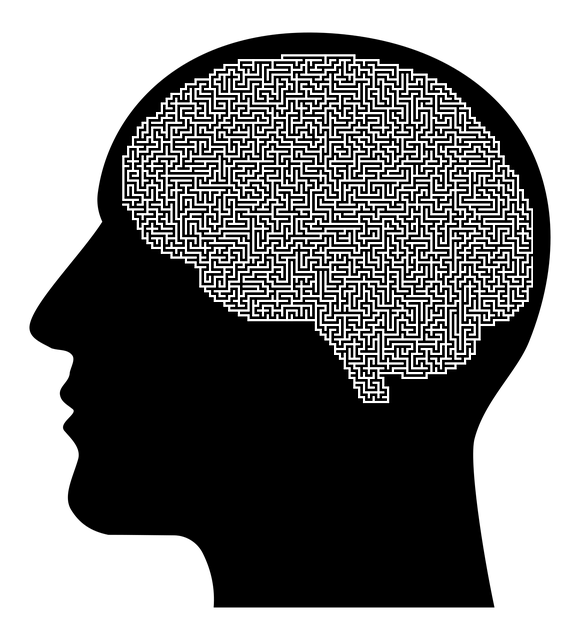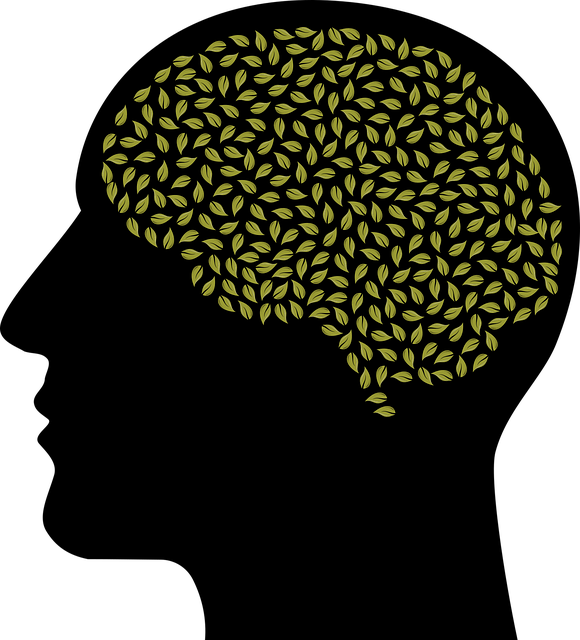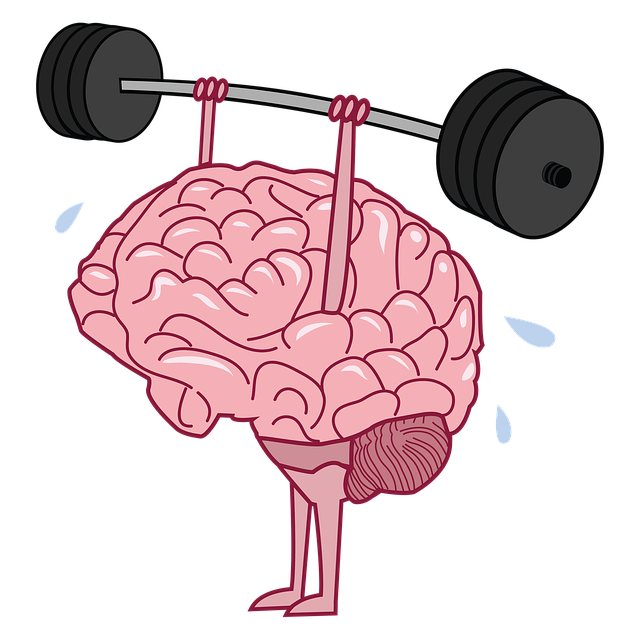Depression is a complex mental health condition requiring understanding and early intervention. Lakewood EMDR Certified Therapy offers an evidence-based approach combining Eye Movement Desensitization and Reprocessing (EMDR) with cultural sensitivity to address trauma, reduce symptoms, and build resilience. Lifestyle changes, holistic approaches, and social support are key prevention strategies, while professional guidance through specialized therapy empowers individuals to manage depression effectively. Located in Lakewood, this diverse range of mental health resources ensures tailored care for all backgrounds, leveraging EMDR and community programs for comprehensive prevention and management.
Depression is a prevalent yet complex condition, but with the right strategies, prevention and recovery are achievable. This article explores various approaches to combat depression, from understanding its subtle signs and causes to empowering tools like Lakewood EMDR Certified Therapy. We delve into lifestyle changes, emphasizing self-care and stress management. Additionally, we highlight the importance of social connections and offer guidance on professional support, ensuring individuals have access to effective resources for better mental health.
- Understanding Depression: Signs and Causes
- The Role of Lakewood EMDR Certified Therapy
- Lifestyle Changes for Improved Mental Health
- Social Support and Connection Strategies
- Professional Help and Resources Available
Understanding Depression: Signs and Causes

Depression is a complex mental health condition that significantly impacts an individual’s daily life and overall well-being. Recognizing the signs and understanding its causes are pivotal steps in preventing and managing this illness. Common symptoms include persistent feelings of sadness, loss of interest in activities once enjoyed, changes in appetite and sleep patterns, fatigue, difficulty concentrating, and in severe cases, thoughts of self-harm or suicide.
Several factors contribute to depression, including genetic predisposition, brain chemistry imbalances, hormonal changes, traumatic life events, chronic illnesses, and certain medications. For instance, individuals with a family history of depression may be at a higher risk due to potential genetic vulnerabilities. Additionally, life stressors such as financial difficulties, relationship problems, or significant losses can trigger depressive episodes. Lakewood EMDR Certified Therapy offers evidence-based approaches like Eye Movement Desensitization and Reprocessing (EMDR) to address these underlying causes effectively, alongside Mental Wellness Journaling Exercise Guidance and other therapeutic interventions aimed at improving self-esteem and fostering resilience in managing mental health.
The Role of Lakewood EMDR Certified Therapy

Lakewood EMDR Certified Therapy offers a transformative approach to depression prevention, integrating evidence-based practices with cultural sensitivity. This specialized therapy leverages Eye Movement Desensitization and Reprocessing (EMDR) techniques to help individuals process traumatic memories and reduce symptoms of depression, anxiety, and related conditions. By addressing underlying emotional patterns and beliefs, this method promotes resilience and coping mechanisms that can prevent relapse and enhance overall well-being.
Incorporating cultural competency training within the context of EMDR therapy is paramount for healthcare providers. Understanding and respecting diverse cultural backgrounds allows for tailored interventions that address unique needs and experiences. This approach not only improves therapy outcomes but also fosters trust and engagement, recognizing that burnout prevention strategies for healthcare providers must be inclusive and sensitive to the communities they serve.
Lifestyle Changes for Improved Mental Health

Adopting lifestyle changes can significantly impact mental health and play a crucial role in depression prevention. Regular physical activity, for instance, boosts mood by releasing endorphins, which act as natural antidepressants. Incorporating nature walks or engaging in hobbies like gardening can provide a sense of calm and connection to the outside world, enhancing overall well-being. Moreover, maintaining a balanced diet rich in nutrients supports brain health and can prevent nutrient deficiencies linked to depression. Adequate sleep is another cornerstone; prioritizing quality rest helps regulate hormones associated with stress and mood.
Seeking professional help like Lakewood EMDR Certified Therapy can be transformative. This approach combines exposure therapy with eye movement desensitization and reprocessing, aiding individuals in processing traumatic memories and reducing symptoms of depression. Cultural sensitivity in mental healthcare practice is essential, ensuring tailored support for diverse populations. Self-care practices, combined with evidence-based treatments, offer a holistic approach to mental wellness coaching programs development, empowering individuals to take charge of their emotional well-being.
Social Support and Connection Strategies

Building a strong support network is a vital aspect of depression prevention. Social connections can provide a sense of belonging and offer a safe space for individuals to express their feelings and thoughts freely. This includes fostering meaningful relationships with family, friends, or even joining support groups where people share similar experiences. In the context of Lakewood EMDR Certified Therapy, these connections can play a pivotal role in enhancing emotional healing processes. Therapists who prioritize social support as part of their Risk Management Planning for Mental Health Professionals can better equip individuals to manage depression.
Community-based programs and initiatives focused on mental health education can further strengthen these bonds. Designing engaging Mental Health Education Programs that promote self-care, stress management, and emotional intelligence empowers individuals to recognize early warning signs of depression and seek help promptly. By combining social support with comprehensive emotional healing processes, we can create a supportive environment that prevents and manages depression effectively.
Professional Help and Resources Available

When facing depression, seeking professional help is a crucial step towards recovery. In Lakewood, access to diverse mental health resources makes it easier than ever to find suitable support. EMDR Certified Therapy has proven effective for many, offering a specialized approach to process trauma and ease depressive symptoms. This form of therapy, combined with the cultural sensitivity practiced by many local professionals, ensures individuals from all backgrounds receive care tailored to their unique needs.
Additionally, risk assessment tools used by mental health experts help identify and mitigate potential dangers. By integrating Self-Awareness Exercises into treatment plans, therapists empower clients to understand and manage their emotions better. These strategies, coupled with ongoing support from healthcare professionals, offer a comprehensive approach to depression prevention and management.
Depression is a complex condition, but with the right strategies, prevention and recovery are achievable. By understanding the signs and causes, individuals can proactively address mental health concerns. Integrating lifestyle changes, cultivating social support, and seeking professional help when needed, such as Lakewood EMDR Certified Therapy, provides a comprehensive approach to depression prevention. These strategies empower folks to navigate their emotional well-being effectively and foster a brighter, more resilient future.














